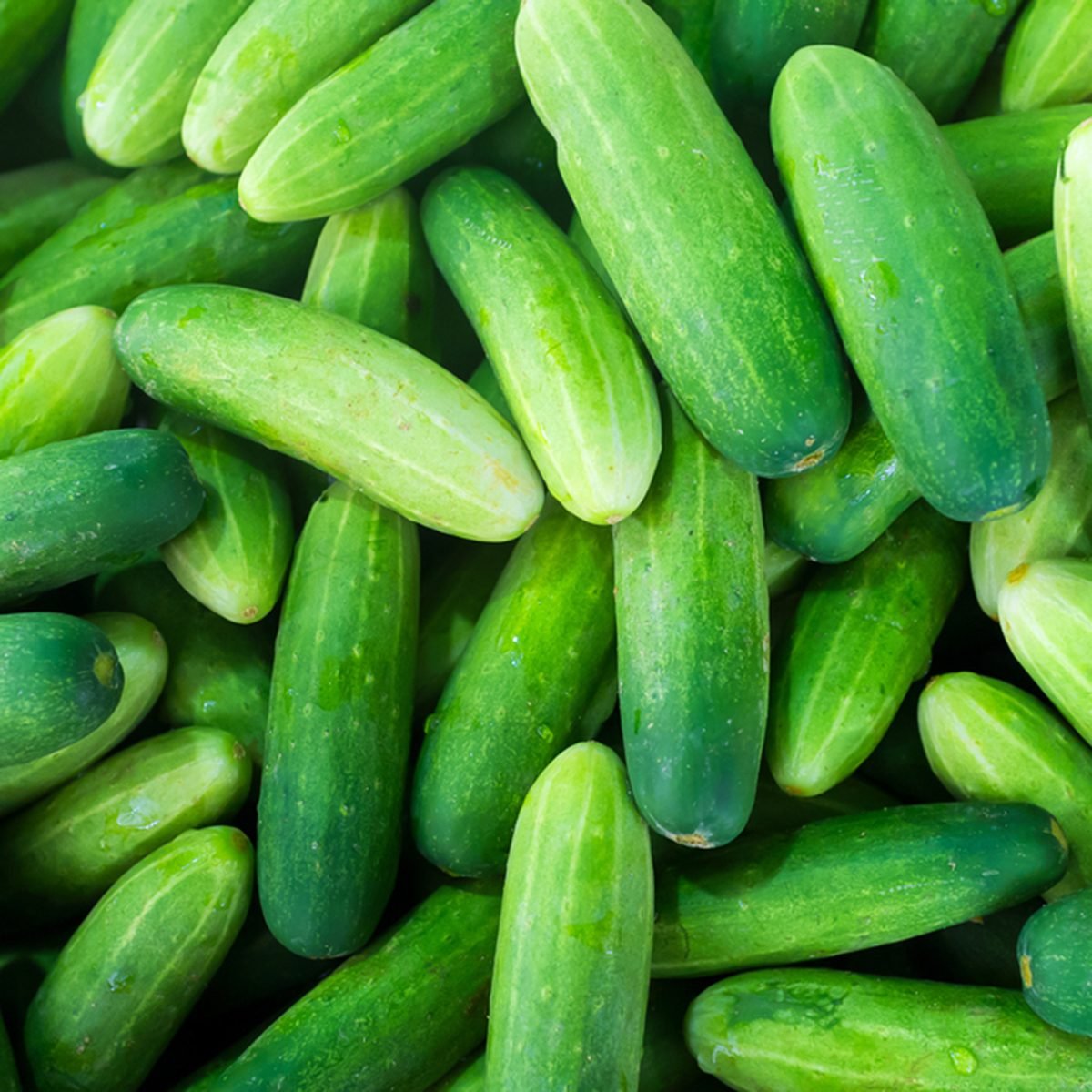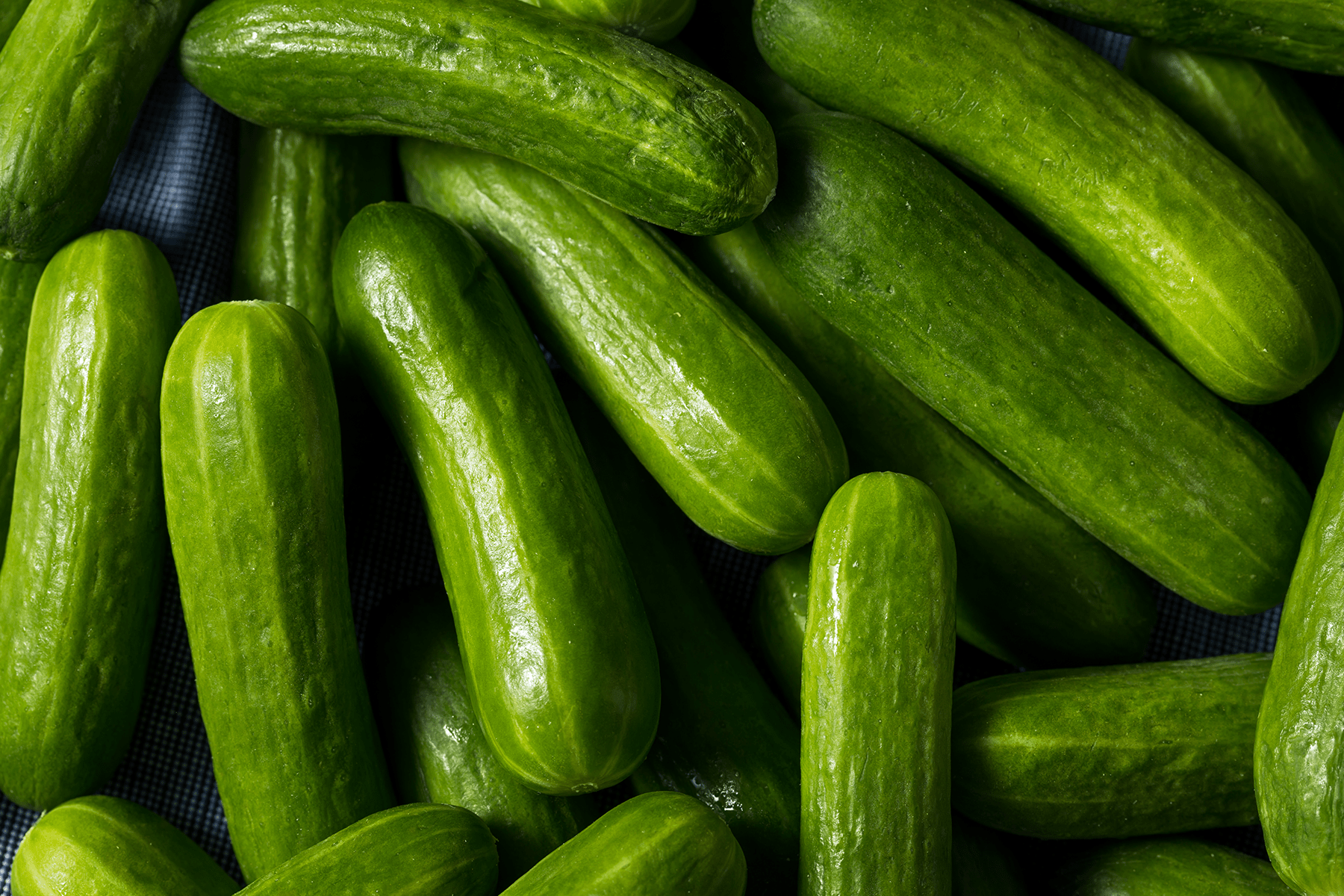Food Item Identification

E coli outbreak uk what is the food item – The E. coli outbreak in the UK has been traced to a specific food item: pre-packaged Caesar salads.
These salads are typically produced in a central facility and distributed to supermarkets and other retailers. They are made with romaine lettuce, croutons, Parmesan cheese, and Caesar dressing. The lettuce is usually sourced from multiple farms, and the other ingredients are obtained from various suppliers.
Potential Contamination Sources
The contamination is believed to have occurred at the production facility. The lettuce may have been contaminated with E. coli during harvesting or processing. The other ingredients could also have been contaminated during production or packaging.
The E. coli bacteria can multiply rapidly in the salad, especially if it is not stored properly. The salads are typically kept refrigerated, but if they are left out at room temperature for too long, the bacteria can grow to dangerous levels.
Transmission Routes
People become infected with E. coli by consuming contaminated food. The bacteria can cause symptoms such as abdominal cramps, diarrhea, and vomiting. In severe cases, E. coli can lead to kidney failure and even death.
The outbreak has affected people in several parts of the UK. The Public Health Agency is investigating the outbreak and has advised people to avoid eating pre-packaged Caesar salads.
Outbreak Investigation and Response
The E. coli outbreak in the UK was first reported in September 2022, with cases continuing to be reported until November 2022. The outbreak affected over 150 people, primarily children under the age of 10. Health authorities, including the UK Health Security Agency (UKHSA), launched an investigation to identify the source of the outbreak and prevent further spread.
Timeline and Scope
The outbreak was initially linked to the consumption of pre-packaged salad products, specifically mixed leafy salads and rocket. The investigation team conducted traceback studies to identify the source of contamination and implemented control measures to prevent further spread. The outbreak was eventually linked to a single food processing facility in England, which was subsequently closed.
Challenges and Successes
Identifying the source of the outbreak was challenging due to the complexity of the food supply chain and the variety of ingredients used in pre-packaged salads. However, the investigation team’s use of whole-genome sequencing and traceback studies enabled them to pinpoint the source of contamination and implement targeted control measures. The closure of the contaminated food processing facility and the recall of affected products were successful in preventing further spread of the outbreak.
Health Impacts and Prevention: E Coli Outbreak Uk What Is The Food Item

E. coli infection can cause a range of symptoms, from mild to severe. Common symptoms include abdominal pain, diarrhea (often bloody), nausea, vomiting, and fever. In severe cases, E. coli infection can lead to kidney failure, hemolytic uremic syndrome (HUS), and even death.
Preventing E. coli outbreaks requires a multifaceted approach involving food safety practices, hygiene measures, and collaboration between public health agencies, food producers, and consumers.
Food Safety Practices
- Cook meat thoroughly to kill bacteria, especially ground beef, poultry, and eggs.
- Wash fruits and vegetables thoroughly before eating them.
- Avoid raw or undercooked seafood.
- Do not drink unpasteurized milk or juice.
- Wash hands thoroughly with soap and water after handling food, using the bathroom, or changing a diaper.
- Clean and sanitize food preparation surfaces regularly.
Hygiene Measures
- Wash hands frequently with soap and water, especially after using the bathroom, changing a diaper, or handling animals.
- Avoid swallowing water when swimming in natural bodies of water.
- Practice safe food handling techniques to prevent cross-contamination.
- Dispose of human and animal waste properly.
Collaboration and Communication, E coli outbreak uk what is the food item
Collaboration between public health agencies, food producers, and consumers is crucial for preventing E. coli outbreaks. Public health agencies should monitor for outbreaks, investigate cases, and provide guidance to the public. Food producers should implement food safety measures and recall contaminated products when necessary. Consumers should follow food safety guidelines and report any suspected cases of E. coli infection to their healthcare provider.